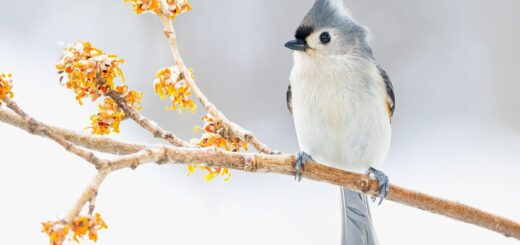Contained within the Indonesian Songbird Commerce | Dwelling Hen
Demand is booming for caged songbirds on the island of Java, and forests are falling silent. Nonetheless conservation choices aren’t easy, on account of bird-keeping is a proud cultural expression after colonialism and Covid.
From the Autumn 2024 problem of Dwelling Hen journal. Subscribe now.
The two bird-keepers wrestled each other to the underside, exchanging blows whereas a chorus of chook music stuffed the grounds at Stadium Sultan Agung, a 35,000-seat soccer stadium on the Indonesian island of Java.
Military police descended quickly on the scene, separating the boys and hauling them away as tons of of White-rumped Shamas chirped, whistled, and fluttered throughout the rafters. This was the Piala Raja (King’s Cup), one of many essential prestigious bird-singing contests in Indonesia, and such conduct would not be tolerated.
Each chook sang from an ornate cage hung delicately alongside its counterparts as throngs of followers clad in monogrammed hats and T-shirts—some even waving group flags—cheered from the sidelines. Amidst the chaos, human judges patrolled the sector, listening intently. With the occasional frantic scribble on a clipboard, each select was rating the birds primarily based totally on their songs, plumage, and movement. After a few minutes an announcer’s voice burst by the PA, and additional bird-keepers flooded in from the sidelines to swap out birds for the next spherical. Thirty-two rounds later, after 14 hours of competition, champions had been topped, and their owners went home with 1000’s of {{dollars}} in prizes.
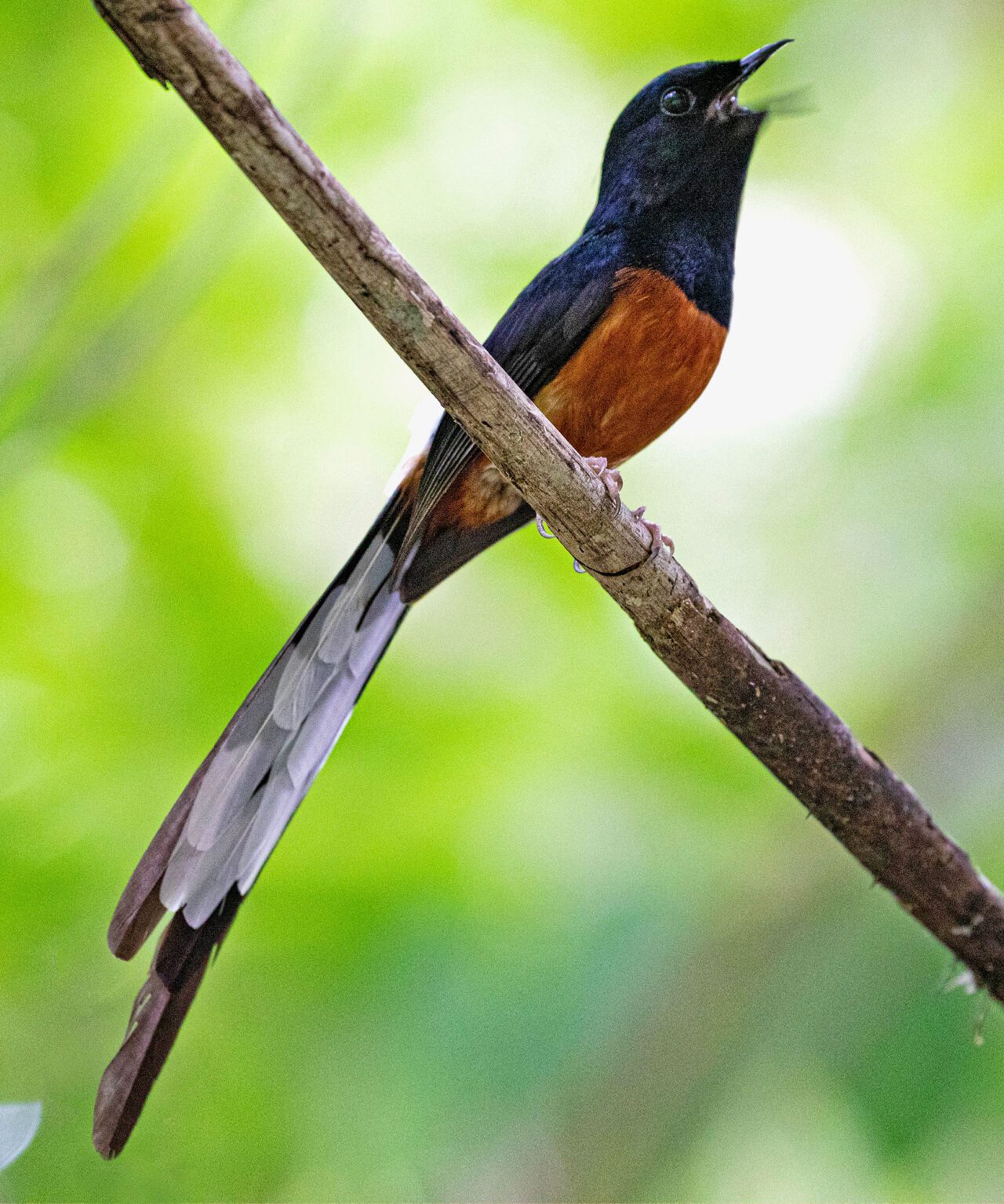
Conserving caged songbirds is a centuries-old customized in Indonesia with deep cultural roots and significance, significantly among the many many Javanese people. As a result of the Seventies, bird-singing contests have transform increasingly more well-liked, driving a improve in bird-keeping. Researchers estimate 70 million birds are being saved all through 12 million properties in Java alone. Most of these birds come from the wild. Based mostly on the Worldwide Union for Conservation of Nature, a minimal of 43 songbird species are at elevated hazard of extinction from commerce pressures all through Southeast Asia.
Already confronted with threats from habitat loss and native climate change, birds similar to the White-rumped Shama (acknowledged regionally as Murai Batu) are disappearing from a variety of their native ranges, leaving behind silence in Indonesian forests that had been as quickly as stuffed with symphonies of life. Researchers and media organizations have dubbed this phenomenon the “Asian Songbird Commerce Catastrophe.” Many solid the brokers of the songbird commerce as villains in a tragedy of pure historic previous, nonetheless that’s not how people involved with the bird-singing contests see it.
“Our work amenities on love,” says Samsul Hadi, a contest select and public relations marketing consultant for one among many Piala Raja’s sponsors. Samsul works for a nationwide bird-breeding group often called Pelestari Burung Indonesia (Indonesian Hen Conservation, or PBI). “We’re caring for these birds, bringing them meals day-after-day when their meals offers could possibly be depleted throughout the wild. It’s the one method they are going to sing like champions.”
In Indonesia, not all definitions of conservation are the an identical.
“A wide range of bird-keepers suppose it’s increased for us to catch birds to permit them to be ‘safe,’” says Asman Purwanto, a lifelong birder and authorities director of the conservation group BISA Indonesia. “Nonetheless then the birds cannot current any benefits to the setting. They can’t breed, reproduce, or contribute to the ecosystem. That’s nonetheless one factor most of the people should be taught.”
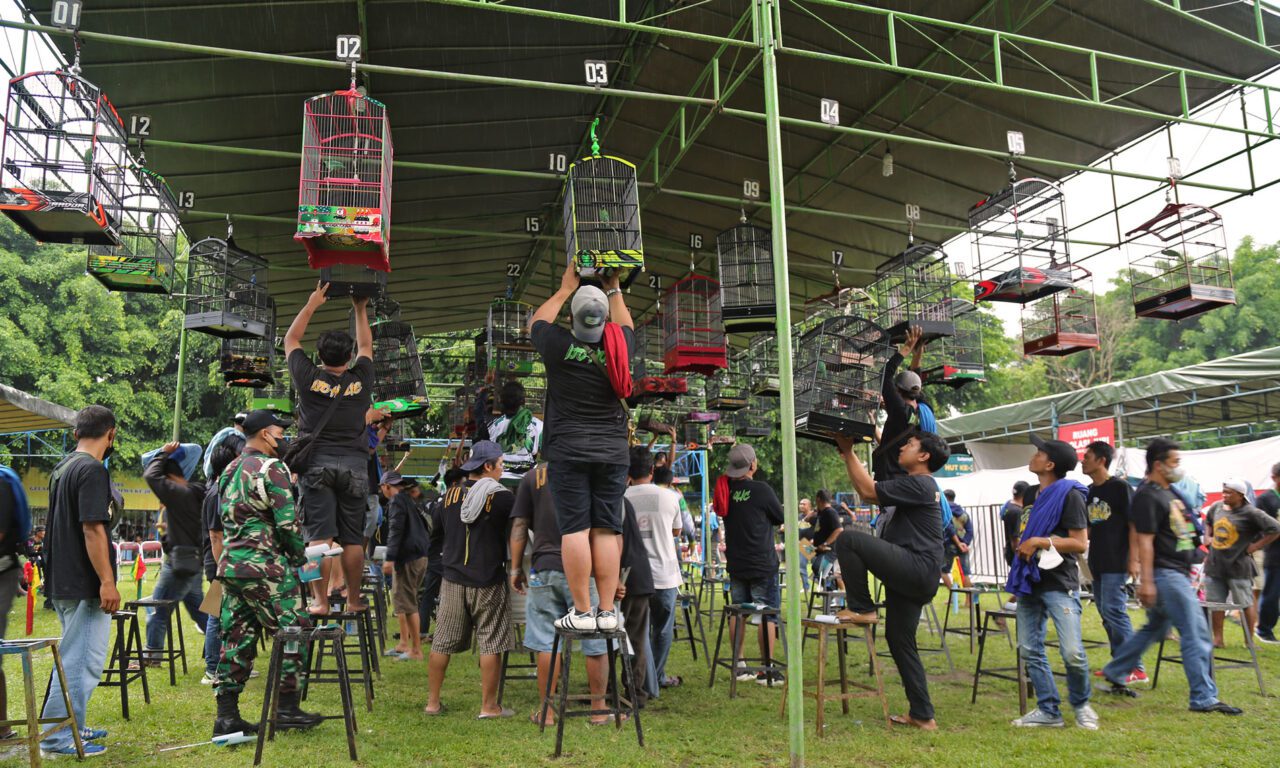

Two Soundscapes of Indonesia
“We All Love Birds, Nonetheless We Have Utterly totally different Strategies of Displaying It”
Inside the Specific Space of Yogyakarta, a territory on Java’s southern coast, the most effective place to take heed to a chook music is simply not throughout the bushes, nonetheless in a cage. Plenty of Yogyakarta’s residents are Javanese, Indonesia’s largest and strongest ethnic group—for them, caged birds are largely seen as tokens of standing and standing.
In his well-known novel This Earth of Mankind, Pramoedya Ananta Toer chronicles how proudly proudly owning a chook is part of being a Javanese man. There are 5 parts, he writes: a partner, a car, a house, a talisman like a hoop or a ceremonial dagger often called a kris, and a chook (traditionally a Zebra Dove, regionally typically often called Perkutut or Ukilo). The chook reveals an individual is involved collectively along with his sensitive aspect, and would possibly afford to indulge in leisure along with work.
“All of us love birds, nonetheless now we’ve different strategies of displaying it,” says Pramana Yuda, an ornithologist and professor at Atma Jaya Faculty in Yogyakarta. “I used to suppose bird-keepers expressed this passion by sustaining birds, however it absolutely’s truly a possessive kind of affection central in Javanese custom. My love for birds is my very personal.”
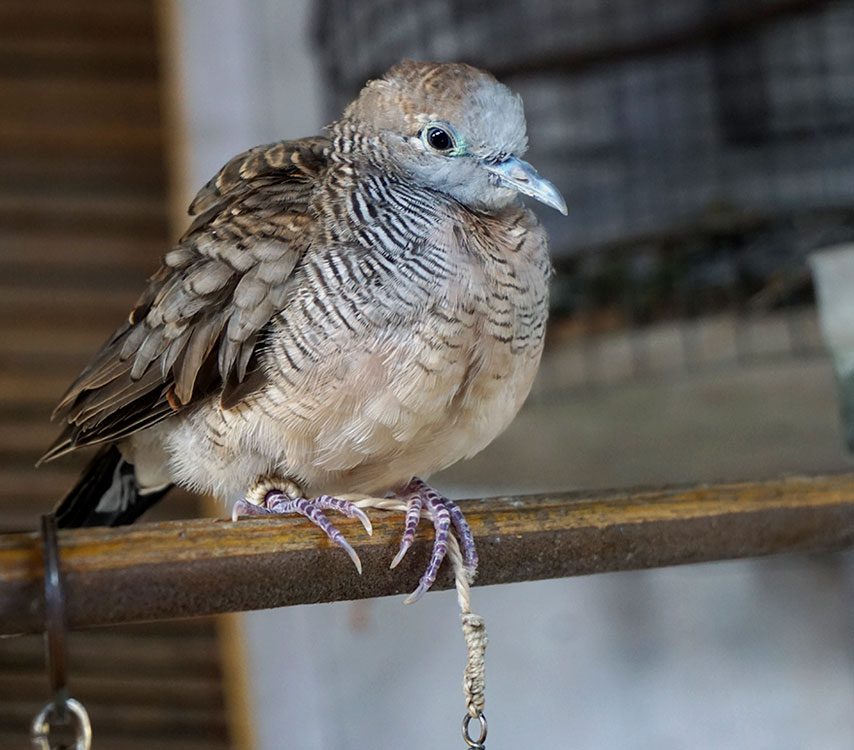

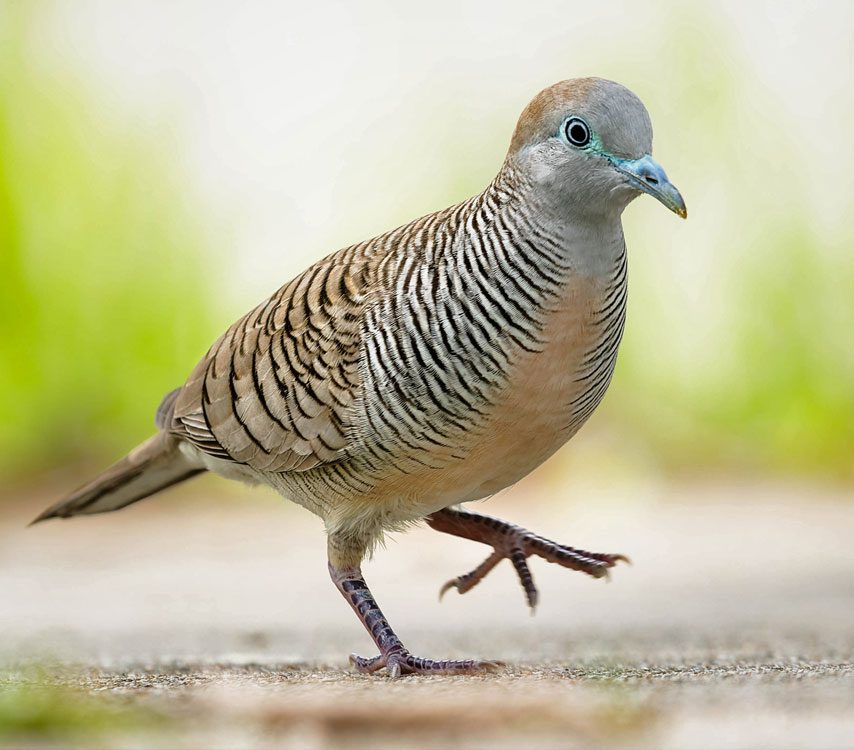

Hen-keeping produces enclaves of specialists who dedicate themselves to birds similar to the White-rumped Shama, Oriental Magpie-Robin (regionally often called Kacer), and Orange-headed Thrush (Anis Merah). When breeders, trainers, poachers, and opponents tie their fates to a single species, they assemble small communities and skillsets that span generations.
“We’re not people who exploit birds on a giant scale. We have now now a neighborhood which will help assure they don’t go extinct,” explains Samsul, the PR representative for the PBI bird-breeding group. “This passion has been handed down. I’ve been sustaining musicbirds ever since I moved to Yogyakarta 40 years up to now. Now the whole family helps our passion, all the way in which through which proper all the way down to my grandchildren.”
Hen-keeping might need first arrived in Indonesia from China, launched primarily to its port cities by commerce and immigration throughout the fingers of wealthy retailers and politicians. Already imbued with standing and prestige, caged birds turned staples of the Javanese royal courts to symbolize their cultural refinement, spirituality, and even ingenious expression. Proper this second one amongst bird-keeping’s most outspoken advocates is Gusti Bendara Pangeran Haryo Prabukusumo—often addressed as Gusti Prabu, a member of Yogyakarta’s royal family and brother to the Sultan and Governor of Yogyakarta. As Indonesia’s solely remaining royal metropolis, Yogyakarta is a cultural beacon in Javanese society, and its royals are one of many essential well-known households in all of Java.
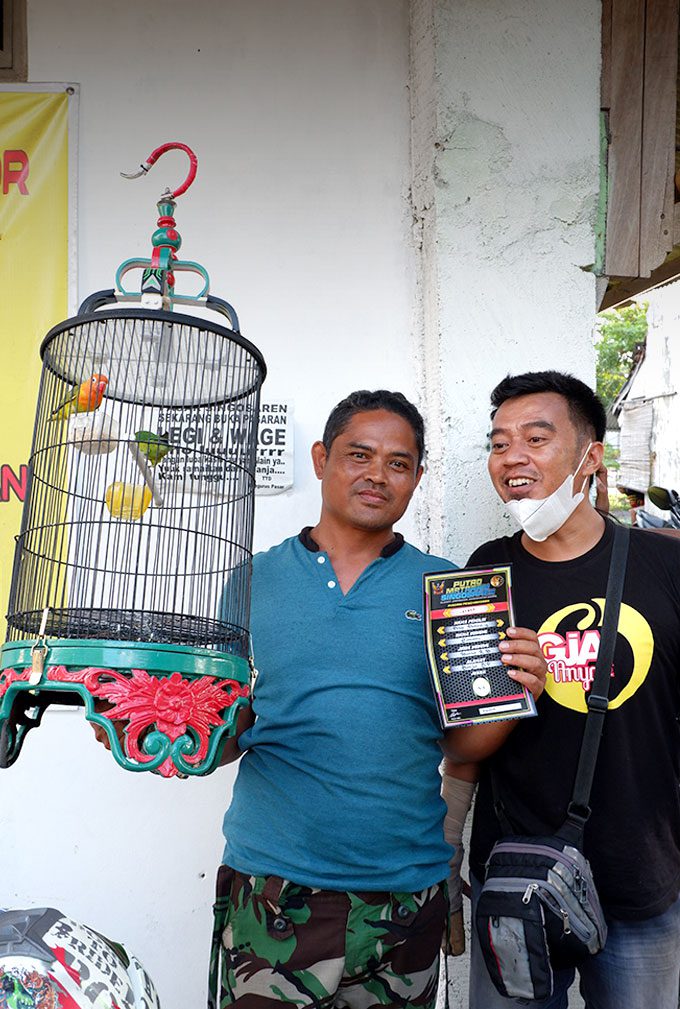

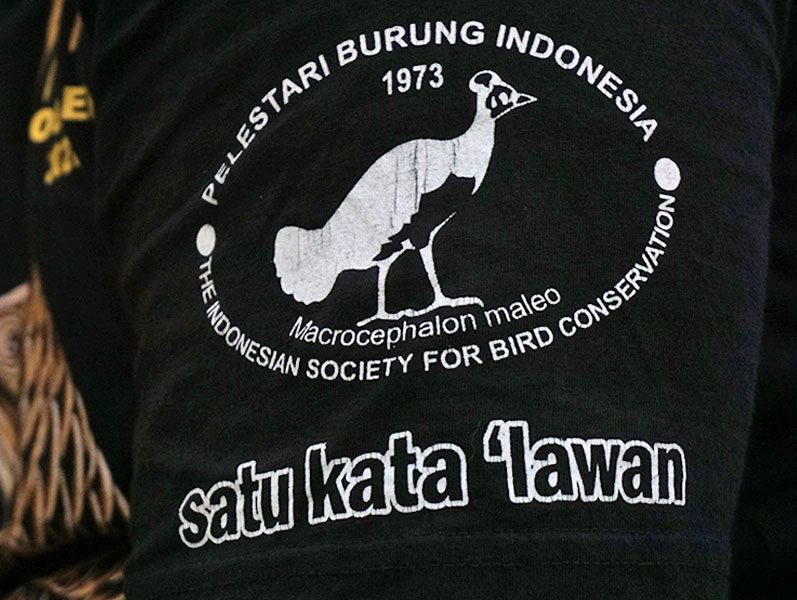

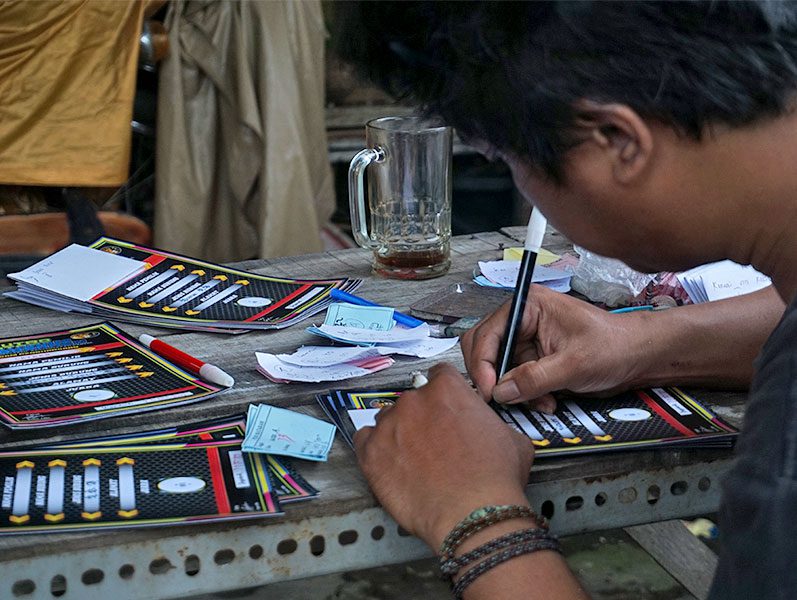

“In Java now we’ve always saved birds, ever given that age of the kings,” says Gusti Prabu, whose mansion is filled with tons of of Zebra Doves. Among the many many doves are totally different species like critically endangered Javan Inexperienced-Magpies (Ekek Geling) and Black-collared Starlings (Jalak Mandarin) from mainland Southeast Asia. It takes connections to amass birds from overseas.
“Birds dwell points along with commodities, nonetheless their industrial price may be very crucial,” he continues. “When you breed them, you create jobs. There are people selling dietary nutritional vitamins, herbs, meals, medication, feed, feeders, cages. From cages for livestock, cages for competitions, cages for every day use, and rings to hint birds in commerce. If it’s a contest, people promote meals and drinks spherical it. It bolsters the monetary system.”
Hen-keeping went underground all through Indonesia’s colonial interval, when quite a few European powers—along with Good Britain, Portugal, and primarily the Netherlands—exploited monetary footholds throughout the space’s spice commerce to commonly assert political dominance over the nation. Beneath rotating colonial rule, standardized varieties of leisure like group calisthenics and group sports activities actions akin to badminton (at current Indonesia’s nationwide sport) had been promoted to Westernize the nation, whereas bird-keeping was discouraged. A cultural agenda supposed to scale back variations between colonizers and the colonized made it less complicated for outdoor nations to deal with their entry to Indonesia’s resource-rich islands. Such patterns of colonial conduct continued correctly after Indonesia declared independence in 1945.
Later throughout the twentieth century, nonetheless, bird-keeping started to come back again once more. Singing contests with Zebra Doves grew further well-liked throughout the Seventies with backing from President Suharto. Completely different species started coming into competitions throughout the Nineties, altering the bird-singing contests into multispecies events. All the whereas, Indonesia was turning into an industrial nation, embracing globalist commerce insurance coverage insurance policies that dramatically depleted pure sources. Rising requires for timber, oil palm, and agricultural enlargement accelerated deforestation, whereas increased industrial actions elevated air air pollution, and resettlement purposes drove tons of of hundreds of people to a lot much less populated parts of the nation beforehand insulated from urbanization. These steps in direction of Indonesia’s development acquired right here with necessary implications for biodiversity and little regulation, shopping for and promoting iconic wildlife and wild places for participation throughout the world monetary system.
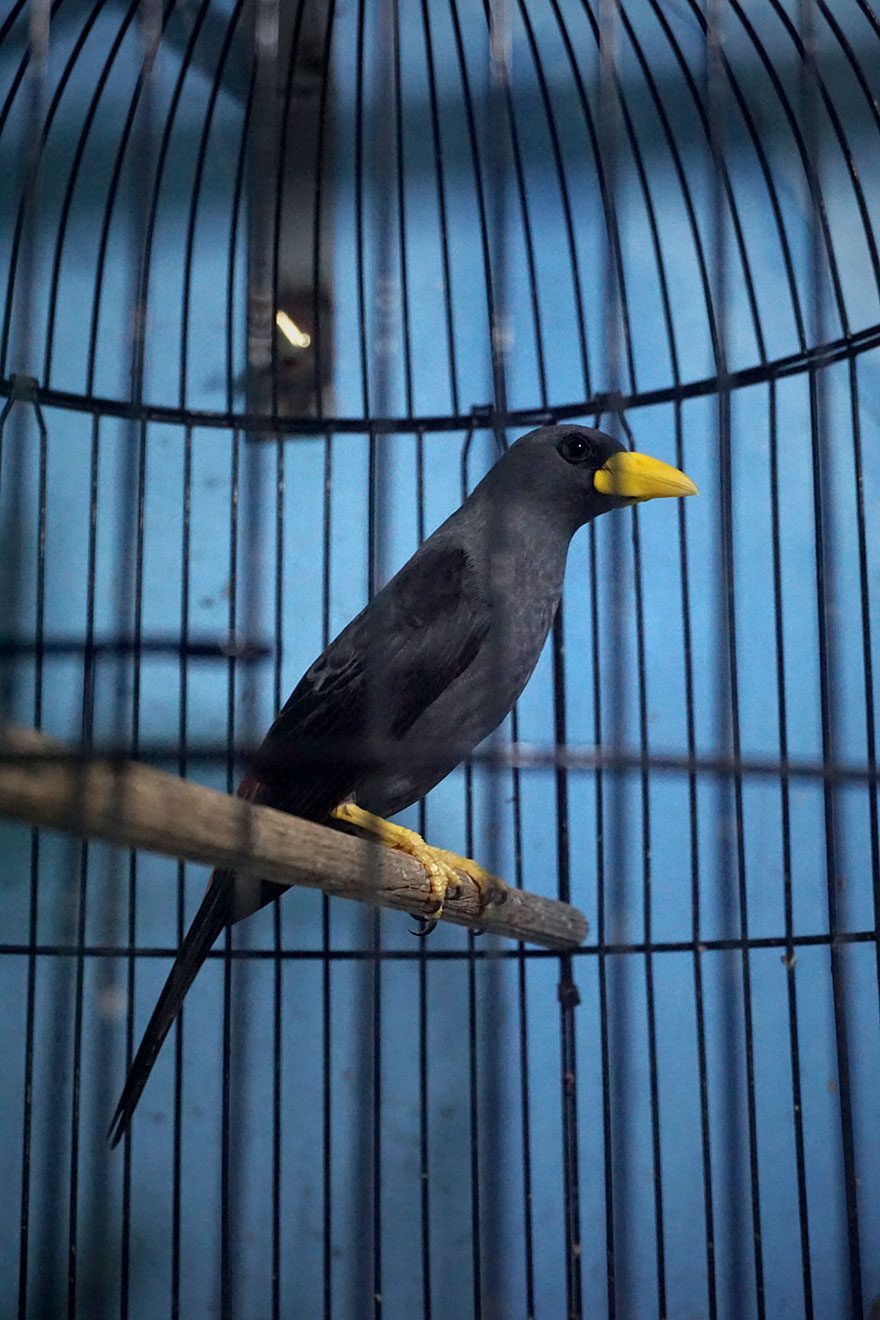

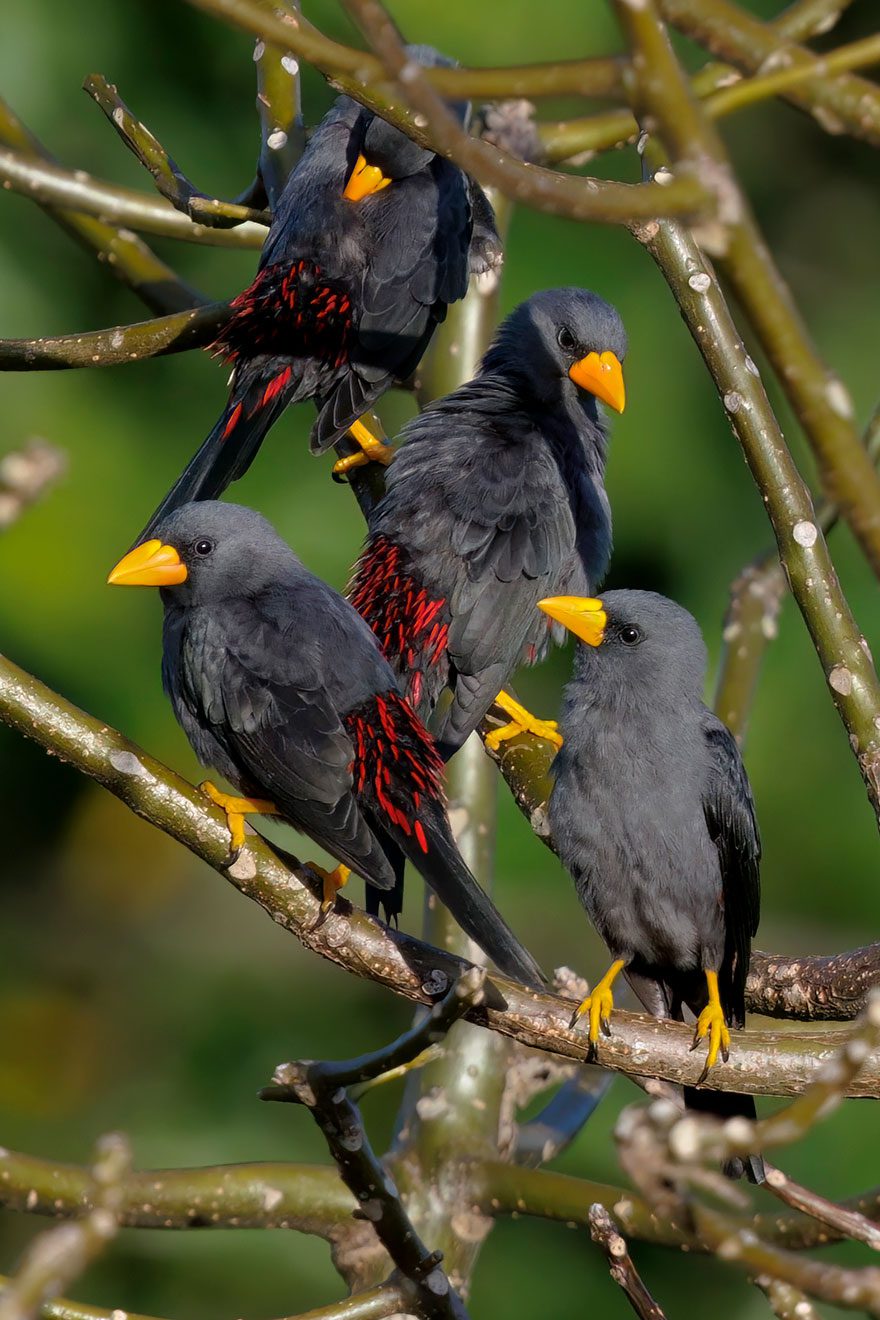

Proper this second consultants say a lot of Java’s forests are principally depleted of untamed birds, so captive-breeding operations are popping as a lot as present birds for the contests. Warehouses have appeared in Java, yearly breeding 1000’s of songbirds the way in which through which manufacturing facility farms skilledduce eggs and poultry. However many retailers nonetheless think about wild birds are superior for opponents, and so poaching has ramped up on totally different Indonesian islands like Sumatra, Borneo, and the Lesser Sundas to fulfill ceaseless demand. Whatever the grave environmental consequence, trendy bird-keeping for lots of represents a reclamation of Indonesian leisure and monetary sovereignty, as a result of the nation emerges from the lingering shadows of colonialism. Environmental conservation could even be thought of as one different colonial machine meant to dictate Indonesian livelihoods and existence.
“I instructed the Ministry of Forestry to not adjust to the world’s pointers,” Gusti Prabu recounts. “People should see what it’s like in Indonesia. In case you depart birds alone throughout the wild, they solely die. In numerous parts of the world, it could be robust to take care of these animals as pets. Nonetheless proper right here in Indonesia each half you need is obtainable.”
Birds which could be champion singers, and their progeny, are dealt with like family amongst bird-keepers. Not typically left alone, they be part of their human caretakers on avenue journeys of their cages, strapped into the backseat like children. A champion’s descendants get hold of supply certificates as soon as they’re born, and names as soon as they win singing contests.
In Indonesia, the care lavished on caged birds is “much like elevating a baby,” Gusti Prabu laughs. “I in no way bathe my partner, nonetheless I always bathe my birds!”
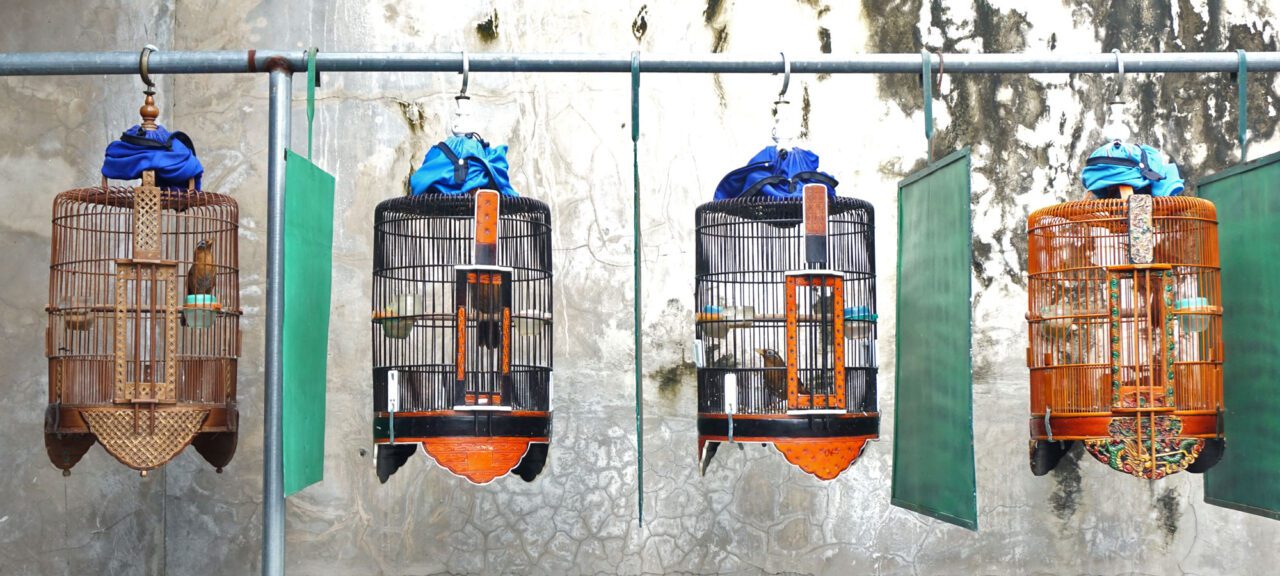

Trillions of Rupiah
Hen-keeping in Indonesia isn’t merely customized. Proper this second it’s big enterprise. The administration of current Indonesian president Joko Widodo estimates that the caged-bird sector and all that it entails is worth trillions of rupiah (or billions of U.S. {{dollars}}). For lots of, sustaining birds is a ticket to a higher life.
“Selling birds helped me put every of my children by school,” admits Sariyanti, a veteran saleswoman who goes by Yanti for transient. She is a selectedist in lovebirds who works at a wildlife market in southern Yogyakarta Metropolis that’s well-known for selling songbirds along with totally different animals, from owls to fish to civets to monkeys.
“I tried and failed at many various careers,” Yanti says, “nonetheless after I started selling birds one factor appeared to click on on.”
In situations of problem, shopper demand saved her enterprise afloat.
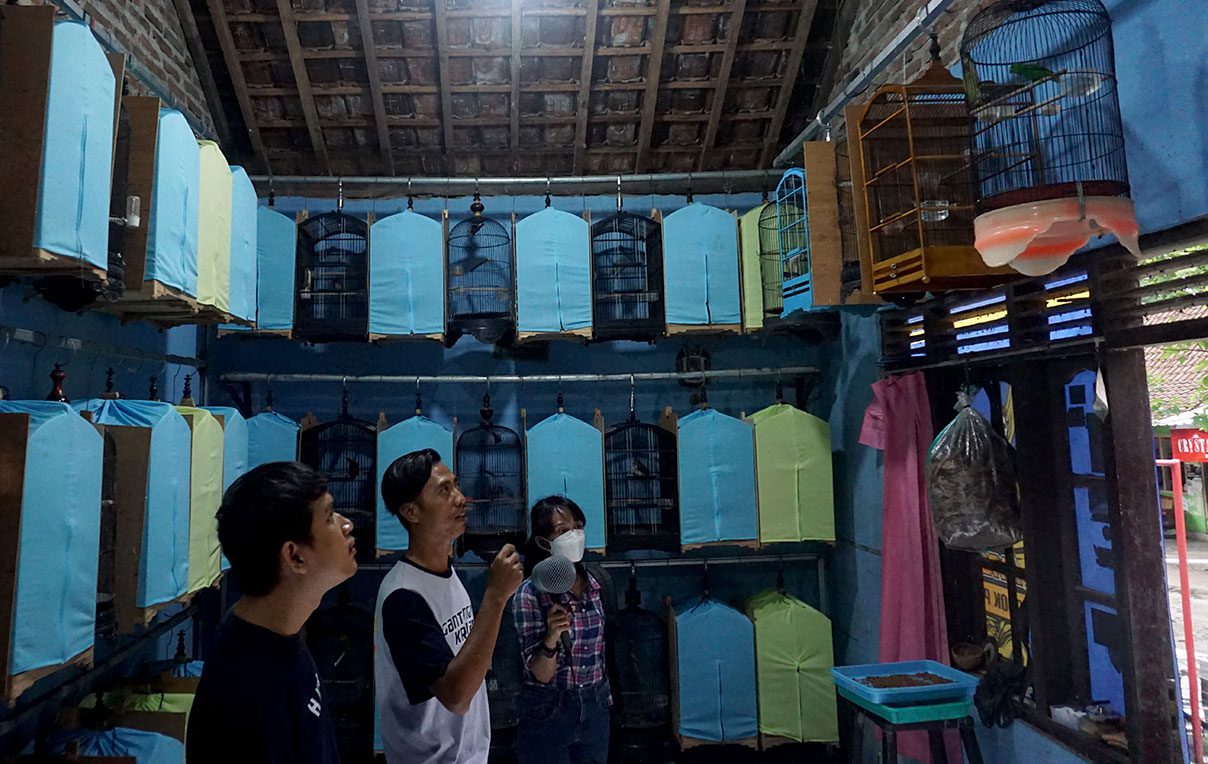

“By means of the primary wave of the [Covid-19] pandemic, it was good,” Yanti remembers. “Everyone was searching for on account of people had money and didn’t have rather a lot to do other than maintain home and seek for hobbies.”
Champion songbirds shall be worth over $20,000 on resale within the occasion that they win high-profile contests. Others uncover strategies to income from their birds with out parting strategies. By means of the pandemic, bird-keeper Bayu Saputra held onto his embellished White-rumped Shamas even when he was decided to make ends meet. Too related to advertise, he opened a chook school the place purchasers pay tuition for Bayu and his shamas to point out their birds sing like champions. The value costs as rather a lot as a personal elementary school.
“The Javanese have a saying, ‘eman’ [meaning to have faith],” Bayu explains, brandishing plaques inscribed with the names of worthwhile graduates from his wall of fame. “I primarily based my chook school with [my White-rumped Shama] and one after the opposite my purchasers acquired right here in.”
Rags-to-riches tales happen throughout the chook commerce, nonetheless the enterprise moreover holds a mirror to broader monetary tendencies. Indonesia has a rising middle class eager to point off newfound wealth with the acquisition of birds. The final monetary growth has primarily benefited the nation’s richest 20%, however—leaving the remaining 205 million people behind. Burgeoning product sales and contest prizes provide some tradespeople a possibility on the massive time. Nonetheless stability shall be unusual.
“It’s harder to make a residing now than it was sooner than,” Yanti complains. “As soon as I started 12 years up to now there wasn’t rather a lot opponents, nonetheless now distributors will promote birds for little or no income.”
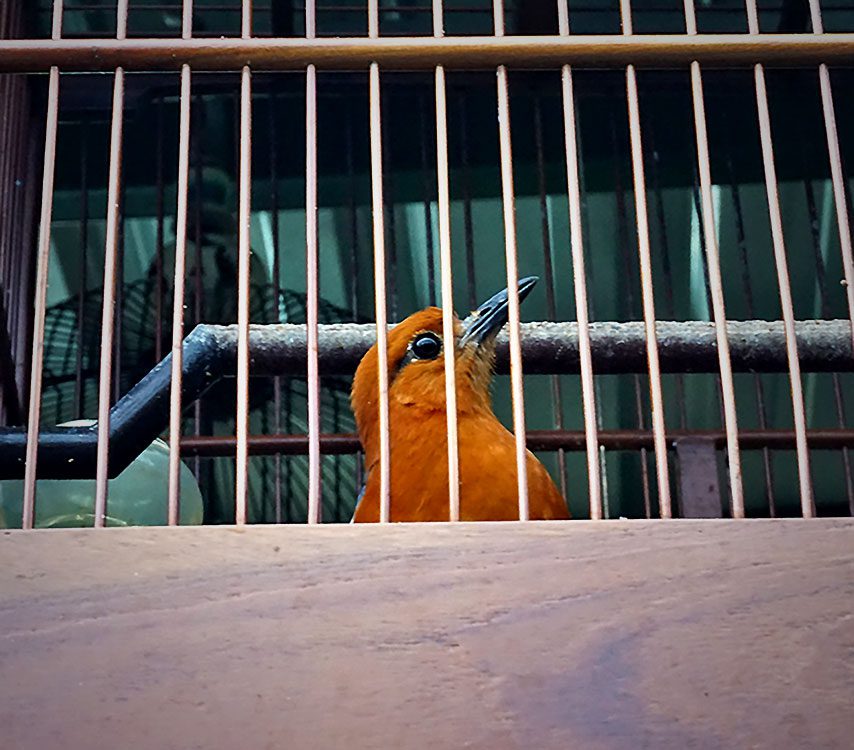

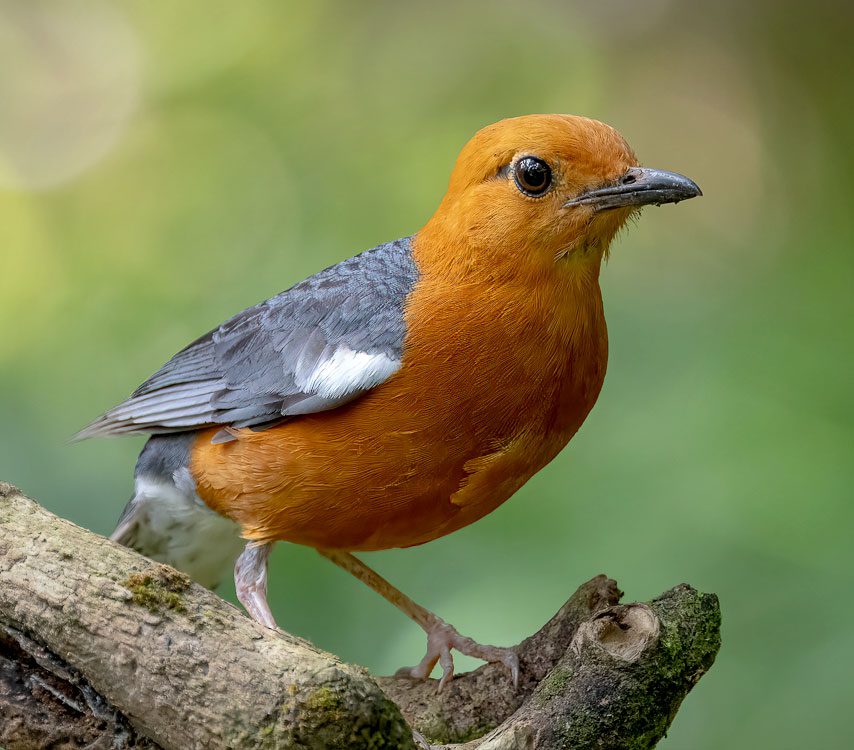

Whereas publishing findings regarding the price of the songbird commerce, Widodo’s administration publicly supported its continued growth and hosted singing contests. Like Suharto sooner than him, Widodo’s presidential endorsement has enhanced bird-keeping’s standing, drawing further people in. The economics of bird-keeping is even shaping how birds are reintroduced to the wild. Taman Safari Prigen Conservation Breeding Ark, a breeding facility focused on wildlife conservation, these days made headlines for restoring a wild breeding inhabitants of Javan Pied Starlings (Jalak Suren) in East Java. This once-numerous species had not been seen throughout the wild for over 20 years, nonetheless tons of of hundreds nonetheless survived in cages. The Ark’s curator, Jochen Menner, says that for the reintroduction effort he needed to buy every single chook at market.
“Most industrial breeders truly understand what we’re doing, they usually’re eager to help to a stage,” Menner says, “nonetheless to not the extent that they may collaborate or donate the birds.… It is advisable to persuade them with the suitable sum of cash.”
Reintroduction strategies could assist restore wild populations, nonetheless commercial breeders nonetheless have ideas of conservation that defend a follow and a livelihood that retains birds in captivity.
“Most bird-keepers in Indonesia presently solely care about incomes income from competitions, they don’t consider sustainability,” laments Samsul of the PBI bird-breeding group. “We’re truly saddened after we see wild birds being captured en masse … future generations must have the power to benefit from birds not just by seeing them in footage or films, nonetheless by understanding their bodily presence.”
“We must always ensure that their habitat continues to exist, and if we are going to’t defend the habitat we are going to nonetheless breed them,” he continues. “We don’t want our pastime to stop merely attributable to an absence of chook stock.”
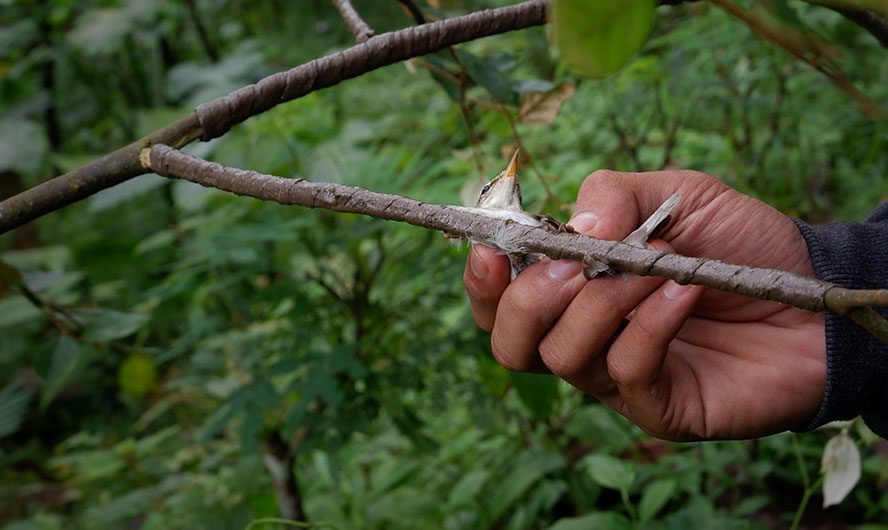

The Forest Has Grow to be Very Quiet
Candra (title modified to protect his id) pulls the Arctic Warbler out of his glue lure, and the division flies once more with a snap. It had solely taken a few minutes to catch the chook, with a simple recording of chook distress calls projected by a Bluetooth speaker. It is clear he had carried out this sooner than.
“We’ve been looking birds since we had been kids, and customarily we would catch dozens of birds day-after-day. Nonetheless now we’ve principally stopped so the birds can get higher,” Candra explains. “The forest has already transform very quiet.”
On this present day, Candra is reenacting his looking comply with as part of a evaluation problem on Yogyakarta’s songbird commerce, and the warbler is quickly launched.
People like Candra present birds not solely to markets and private collectors, however along with small-scale industrial breeders attempting to start their very personal captive musicchook colonies. Working throughout the clock, these mom-and-pop operations spend virtually day-after-day feeding little one birds, cleaning cages, and pairing birds as a lot as breed. These operations in flip fuel the kinds of singing contests PBI repeatedly organizes all 12 months lengthy.
“We try to popularize nonprofit singing contests with solely captive-bred birds,” explains Bagiya Rakhmadi, a former nationwide director of PBI. Cash-free contests (other than the entry worth) are part of PBI’s method to aim to make their practices further sustainable. Yearly their members pledge to launch 10% of their breeding stock once more into the wild, and officers launch captive birds ceremonially at their events. Then there are opportunities for sponsorship. At a PBI contest, champions could not win prize money, nonetheless they may win a motorcycle.
“If further people embrace this competition model, then captive breeding would possibly transform worthwhile,” Bagiya says. “The proof will most likely be in our opponents outcomes.”
Nonetheless even when further captive birds win contests, breeding birds continues to be far dearer than catching them. Invaluable prizes may even be supplied off for cash. And when captive-bred birds are launched, their odds of survival shall be slim.
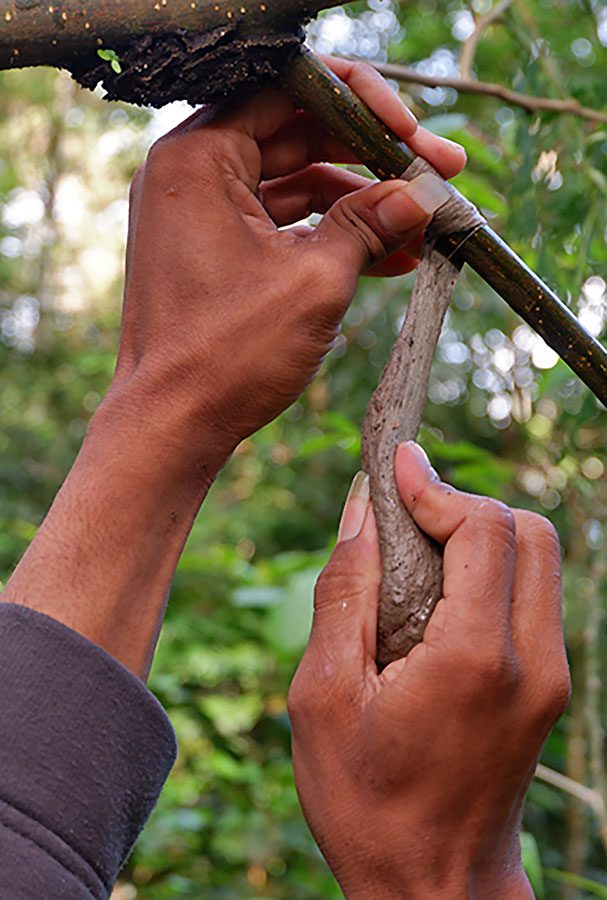

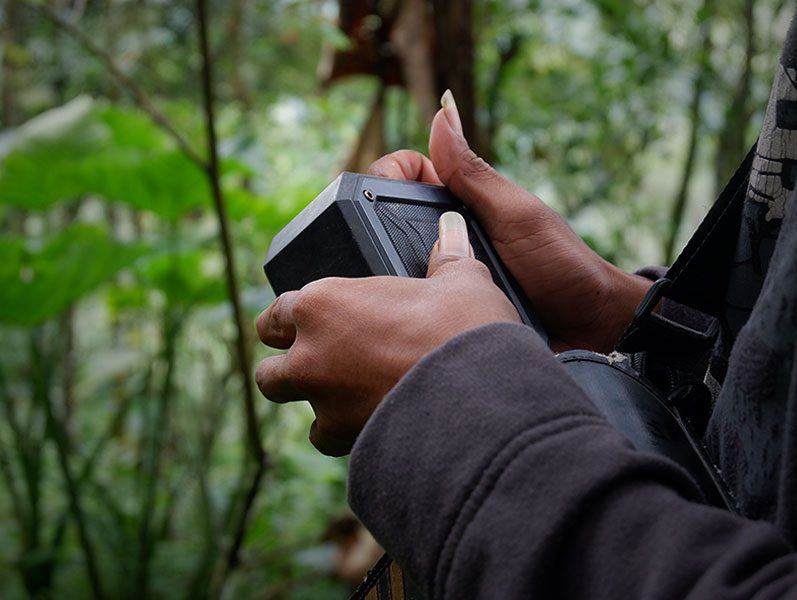

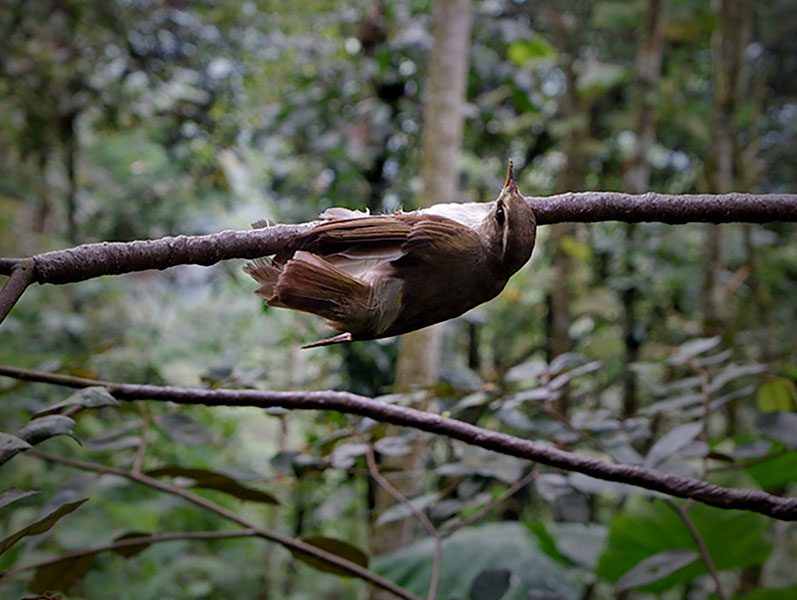

Preserving genetic vary may even be an issue with captive-bred birds, when breeders mix up individuals from fully totally different populations. Many industrial breeders cross regional subspecies to supply pleasing blends of bodily and behavioral traits of their birds, whereas genetically pure birds are seen as undesirable. Hen-breeders who launch their stock usually fail to go looking out applicable launch web sites, monitor launched populations to confirm they survive, or forestall recapture by totally different poachers. Even breeders in zoos and totally different conservation organizations that breed birds to deal with the viability of a species sometimes battle to test how birds are related genetically. Errors can merely be made when subspecies look alike and get mixed collectively.
“These caged birds aren’t pure,” explains professor Yuda, the ornithologist from Atma Jaya Faculty. In nature, songbirds uncover methods to sing early in life from their grownup dad and mother and neighbors, giving wild populations regional dialects paying homage to native custom. Nonetheless Yuda says that “poor conditions in captivity negatively impression these birds in strategies invisible to most bird-keepers. The birds transform inbred, lose their wild songs, are further prone to sickness, and bear decreased well being to permit them to’t survive throughout the wild anymore.”
Claims of captive breeding may even be used as a cover for poaching.
“Typically breeding is a method of laundering wild birds,” says Asman Purwanto from BISA Indonesia. “They catch them in nature after which give them a hoop,” or leg band, as within the occasion that they’d been born in captivity.
As wild chook populations dwindle and even transform extirpated on Java, smuggling networks are rising to feed demand by bringing in birds from totally different islands in Indonesia like Sulawesi, Borneo, Sumatra, and West Papua, along with totally different nations along with Vietnam, China, and Thailand. For at least 30 years, Indonesia has been on the center of an insatiable and large bird-trade neighborhood involving dozens of countries across the globe.
“Birds destined for Java are generally stuffed into thermoses. [The smugglers] would break the interior glass and depart merely the outer casing, then they’d fill it up,” says Asman of BISA. “In the long term, many birds die.”
New conservation groups have emerged these days to interrupt up these smuggling operations. Authorities corporations moreover patrol markets and try to ban species from commerce, nonetheless such efforts sometimes meet resistance. When the Indonesian authorities took steps to protect White-rumped Shamas in 2018, outraged bird-keepers protested for weeks until the federal authorities reversed its willpower.
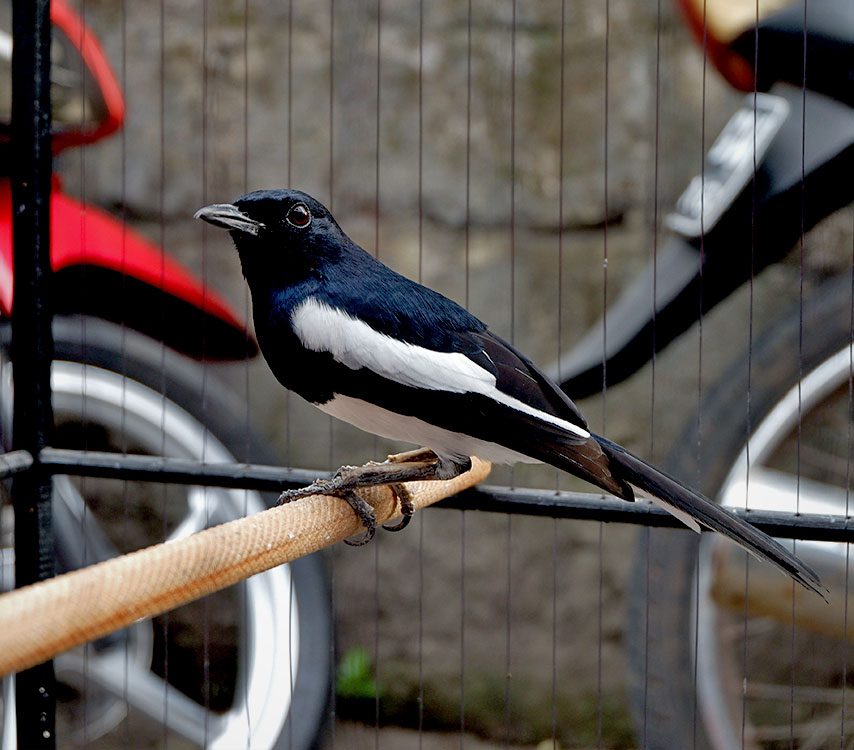

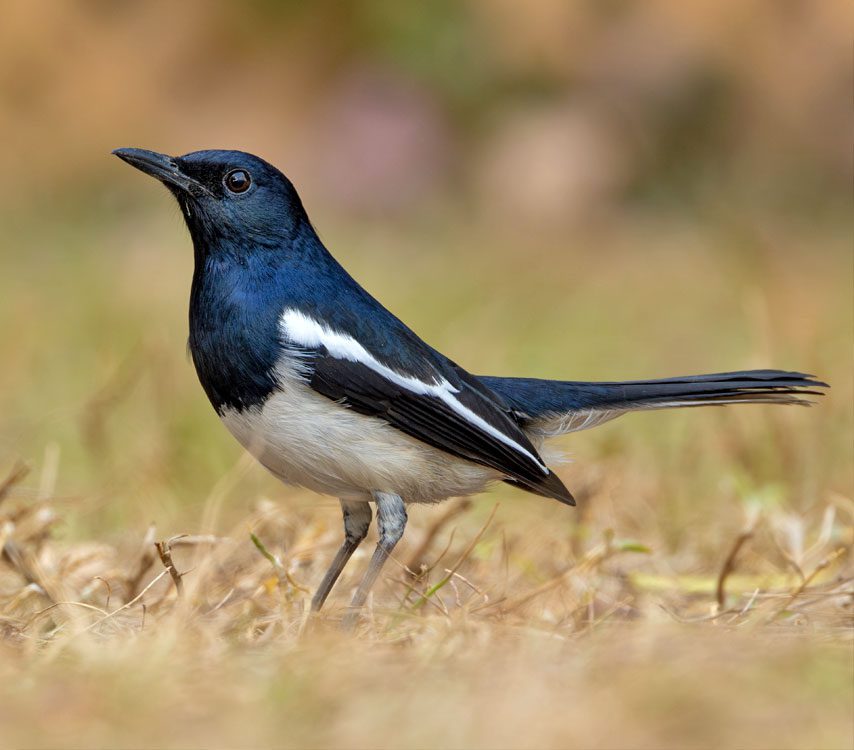

Some native bans have confirmed promise in stopping the depopulation of birds from Javanese forests, nonetheless. The village of Jatimulyo in Yogyakarta’s Kulon Progo regency completely banned chook looking a decade up to now as part of a technique for ecotourism development. The necessary factor, locals say, was consulting villages first and along with them throughout the willpower to implement the ban.
“Passing Regulation Amount 8 of 2014 was a turning stage for our community,” remembers Kelik Suparno, a skillful chook hunter who has since transform a full-time nature data. “Academics and totally different firm to our village helped us beneathstand the connection between looking and extinction, and I started telling my neighborhood to not do it so the birds can get higher. Lastly it turned laws, and I turned a conservationist by likelihood.”
Jatimulyo has transform an occasion of community-led conservation in Indonesia. Residents patrol the forest. The village has made investments in ecotourism, nest adoption and monitoring purposes with authorities and firm sponsors, and agroforestry operations that feed birds and other people alike. After 10 years native chook surveys current this as quickly as silent forest is now a haven for over 100 native species that helps the neighborhood’s livelihoods and reconnects the village to its environmental earlier.
“People proper right here used to take care of birds as an answer to fill their worlds, nonetheless due to ecotourism they’ve transform further acutely privy to conservation,” says Kelik. “We must always educate people regarding the ecological and monetary benefits of untamed birds.”
One different method could very properly be regulating the take of birds from the forests to reduce the impression to wild populations.
“Rotational chick harvests are one kind of compromise we uncover with chook hunters,” explains Yuda, the ornithology professor. “Inside the case of Orange-headed Thrush, for example, within the occasion that they encounter a nest with two chicks, they could solely take one and depart the alternative.”
“There’s some proof that we’ll try this sustainably for certain species,” he says. “Nonetheless the whole ecosystem is a particular story.”
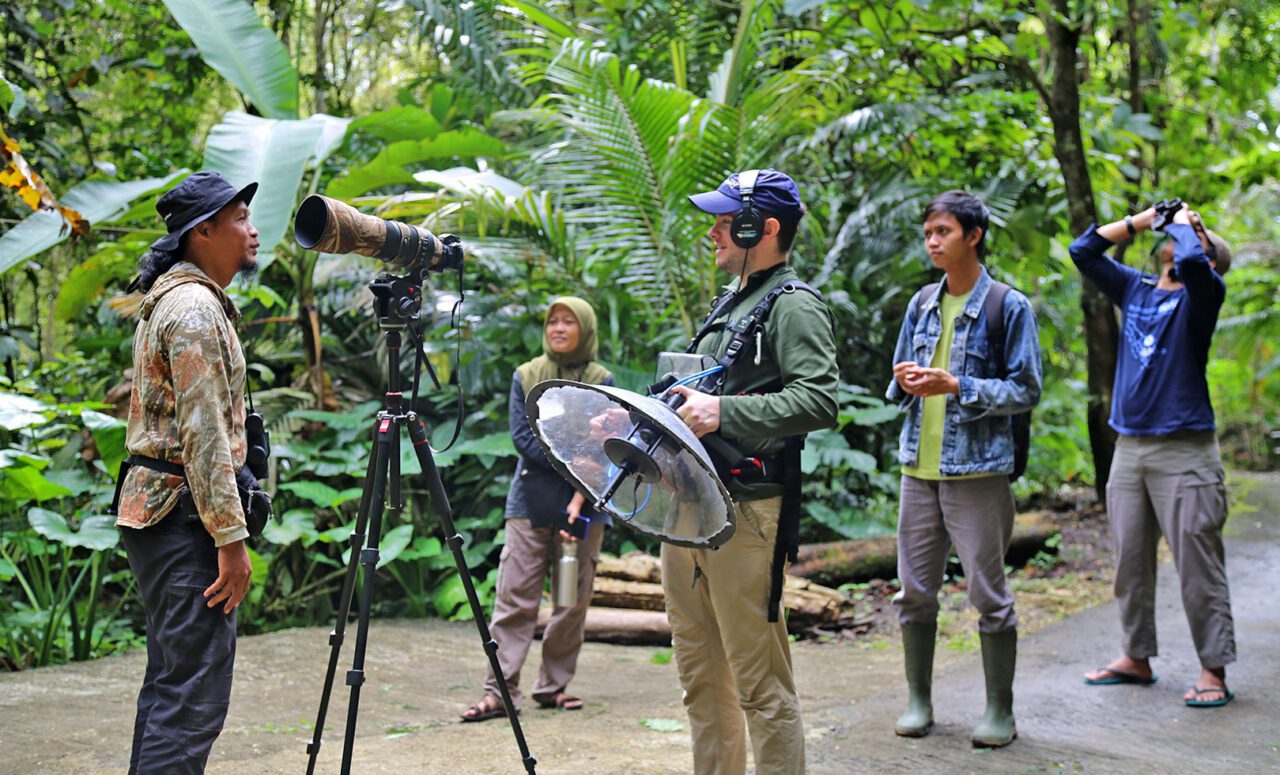

Hen-Keepers and Birdwatchers Come Collectively
“That’s most definitely my favorite place to seek for forest birds,” says Asman Purwanto of the conservation group BISA Indonesia, as he hoists his digital digicam and tripod over his shoulder and begins strolling alongside the forested hillside. An skilled on raptors, he has come to the village of Jatimulyo to {{photograph}} a resident honey-buzzard working its method proper right into a newly discovered beehive. When Asman reaches the hive, he models up his digital digicam and waits. By the use of the bushes, wild chook songs echo like objects on the wind.
“I try to come back proper right here as quickly as a month when work [for BISA Indonesia] permits,” he says.
Whereas an epicenter of the bird-keeping world, Yogyakarta could be home to the most important inhabitants of chookwatchers in Indonesia. Asman is one amongst them, and his group welcomes people into the birding neighborhood.
“We have now now an open-door protection, anyone is welcome!” Asman says of his office. By means of the pandemic, he says “it was similar to the Dutch colonial interval. People didn’t even have salaries, nonetheless we nonetheless provided lunch and dinner to anyone who visited, and different folks usually launched meals to us in return. It’s about togetherness.”
Group conservation is gaining traction in Indonesia. Completely different villages in Java are starting to adjust to Jatimulyo’s occasion. Residents have these days expanded their corporations to include bee-keeping, bird-friendly espresso, and nature pictures excursions and nest adoption purposes. Nonetheless proper right here and elsethe place village incomes are nonetheless catching up, and neighborhood participation is a continuing drawback.
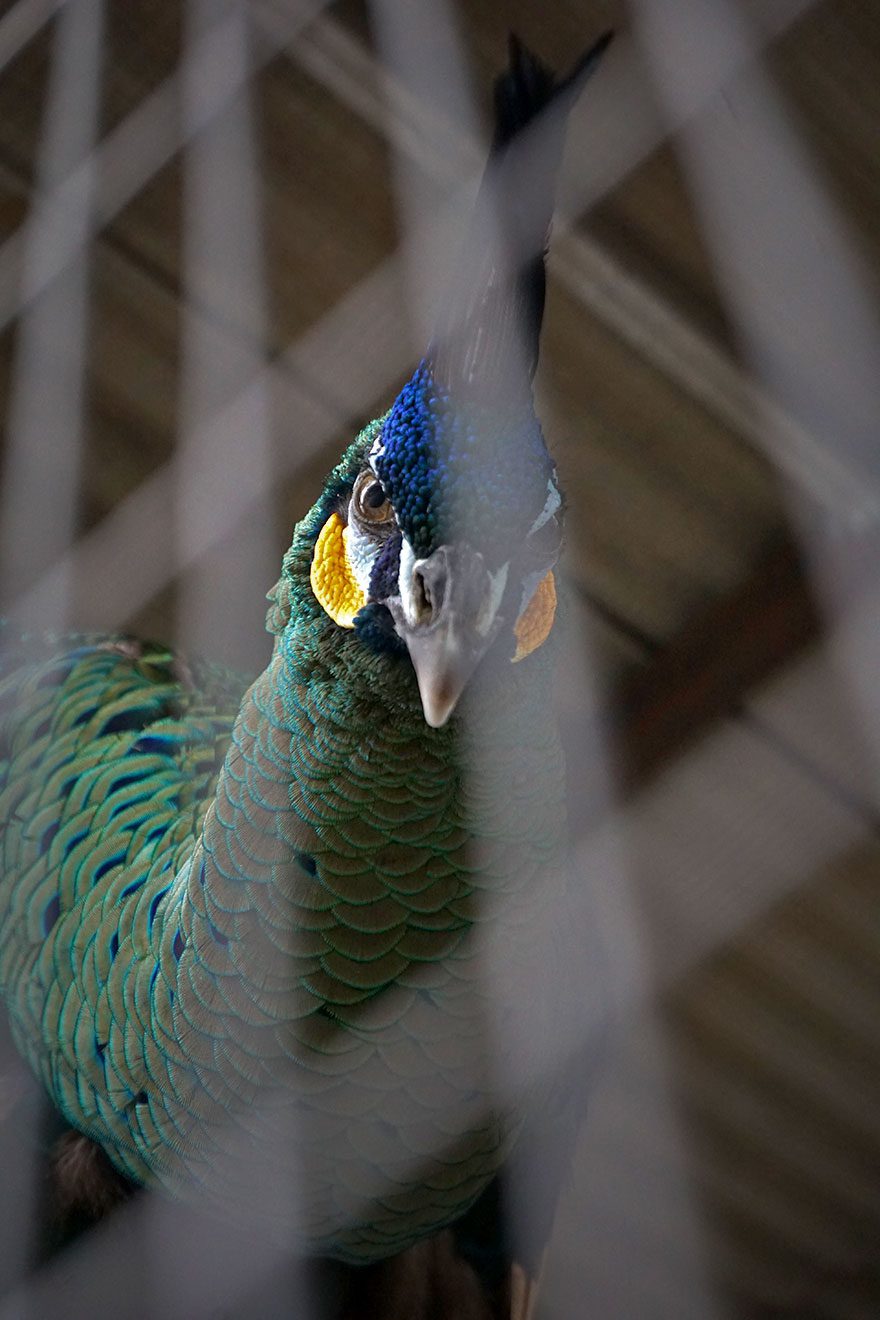

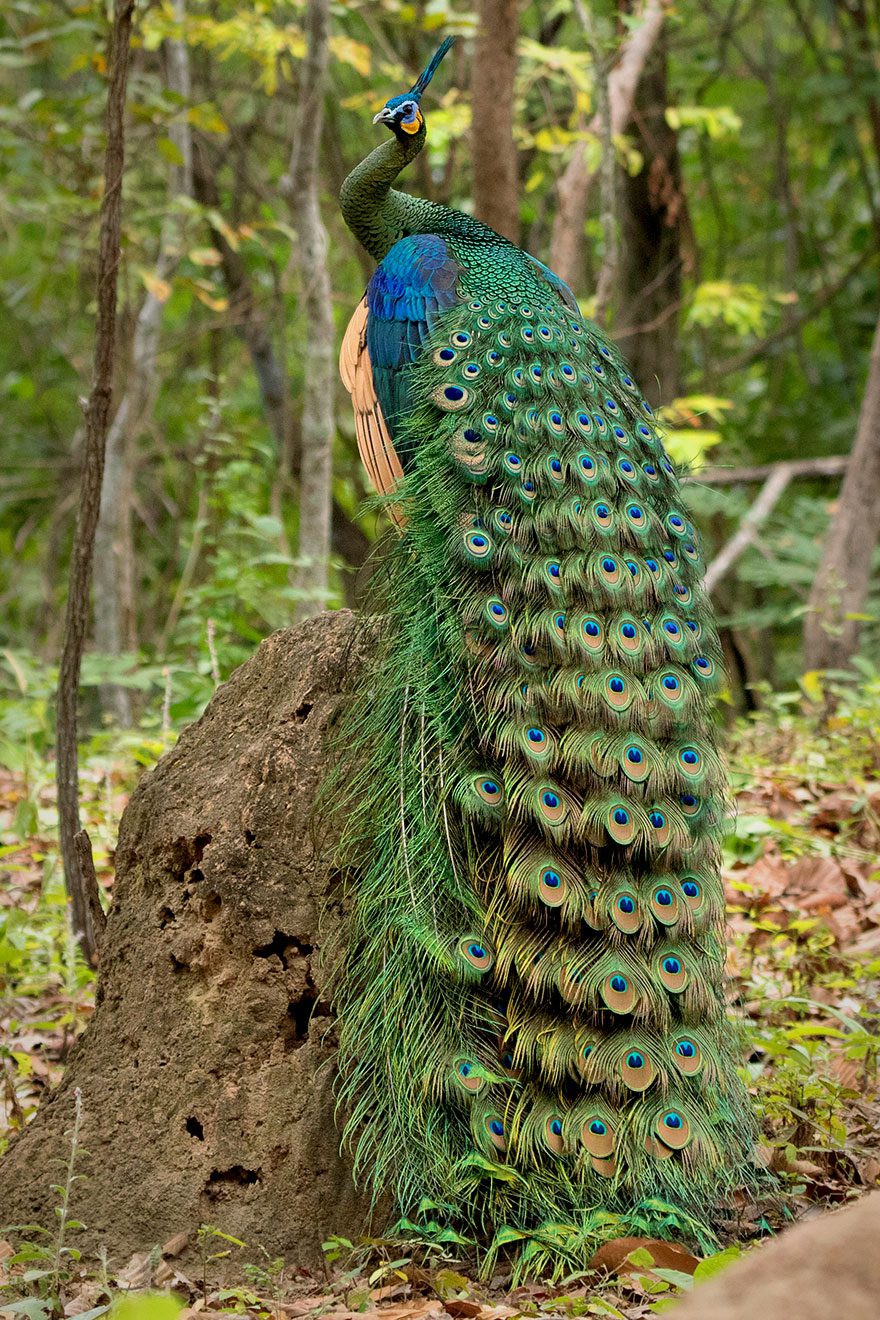

“Conservation can and must be an train that benefits our communities,” Asman says, “however it absolutely’s a protracted course of. The benefits of ecotourism can take two or three years to look, significantly in places the place people assist themselves looking birds.”
Indonesia’s caged-bird commerce reveals little sign of slowing down. Proper this second there are further species of songbirds in world commerce than each different group of birds, and songbirds nonetheless get hold of fewer protections from worldwide commerce authorities like CITES than totally different groups, akin to parrots and raptors. Nonetheless ecotourism could be a booming enterprise, with songbirds doubtlessly at its center. As every the bird-keeping and birdwatching sectors develop, the nation faces a range about power its future
“The issue is to change the mindset of people,” Asman says. “If we prioritize growth with out defending the setting, we’re going to lose our stability.… Songbirds aren’t merely parts of the meals chain, they help with insect administration, plant pollination, and seed dispersal.… Breeding birds for launch is sweet, however it absolutely must be a closing resort. There’s a variety of wildlife nonetheless worth saving.”
“We have now now to try it from an ecosystem perspective,” he says. “The government can’t merely flip a blind eye and cope with monetary growth. Even with stress from worldwide [economic] agreements, there ought to be one factor stating how we must always save the environment. That’s part of development of the nation and its people.”
Asman photos a honey-buzzard as a result of it lands merely above the beehive, searching for an entry stage throughout the swarm. Then it is time to go home. He hikes once more into Jatimulyo village, passing a cluster of cages stuffed with birds— bulbuls and lovebirds—hanging exterior some properties. It’s a no-hunting zone, so these birds would possibly solely have come from totally different villages. The birds sing whereas children play in a close-by stream.
“My son moreover enjoys birdwatching. It helps our full family clear our heads, and he significantly loves shorebirds on account of he’ll get to play throughout the sand and mud,” Asman says. “My dream is for him to transform a birdwatcher like me.”
Merely up the road, Candra, the earlier chook hunter, says he too has a dream, as he takes a pull from his cigarette: “I hope the birds come once more so I can hunt them as soon as extra.”
Regarding the Author
Ben Mirin is an ethno-ornithologist who these days achieved his PhD on the Cornell Lab of Ornithology. His dissertation, The Value of Magnificence, makes use of coaching and neighborhood storytelling to find human dimensions of Indonesia’s songbird commerce. Research further about his Value of Magnificence problem.

